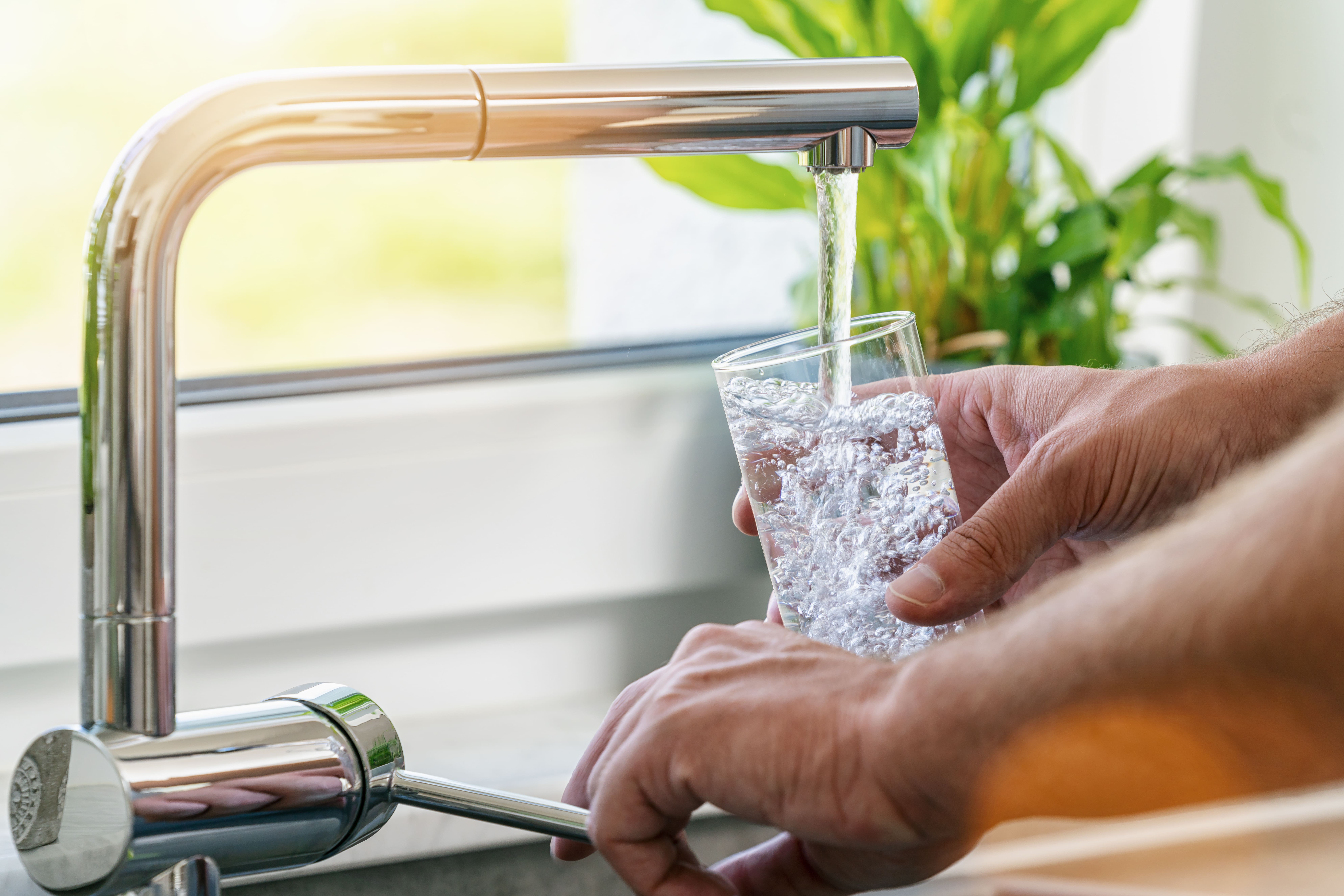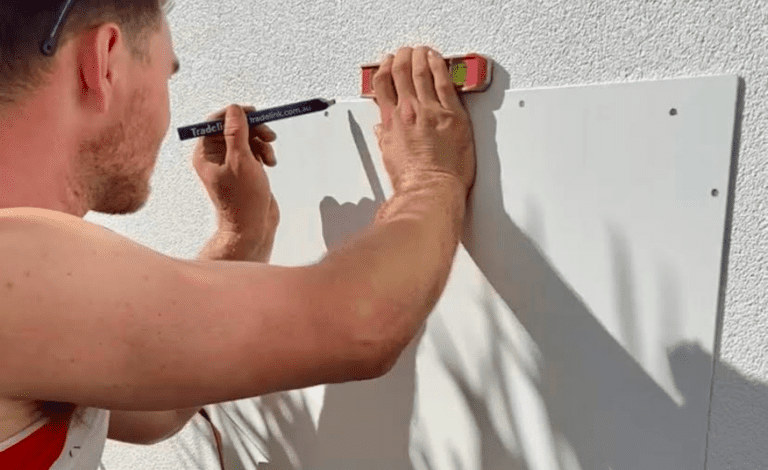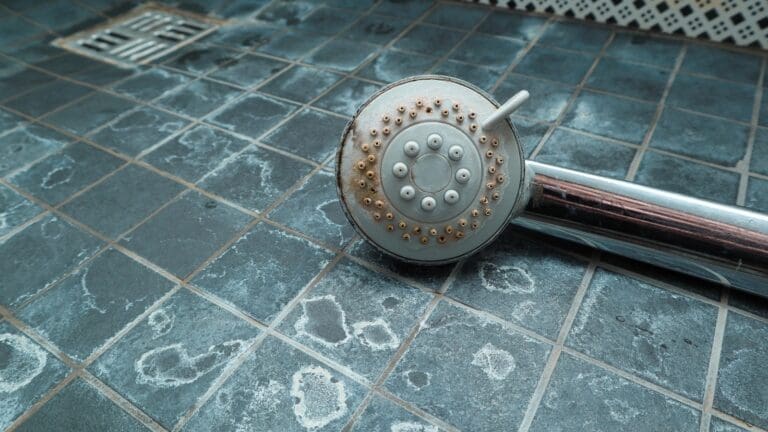Maintaining optimal water quality is a top priority for every homeowner invested in a water filtration system. The key to ensuring this lies in proper filter replacement, which plays a crucial role in the functionality and performance of your entire home or under-sink water filtration system. Over time, filters can become saturated with impurities, reducing their effectiveness and potentially impacting the water quality you consume or use for various household purposes.
At Home Filtration Systems, we understand that maintaining the peak performance of your water filtration system is essential for providing clean and safe water to your family. That’s why we have compiled crucial information detailing the importance of timely filter replacement and best practices to help you ensure optimal water quality in your home. Our goal is to empower you to make informed decisions about filtration system maintenance, allowing you to maximise the benefits of your investment.
Proper filter replacement keeps your water supply healthy and contaminant-free and extends your equipment’s and plumbing fixtures’ life. With our expert guidance, you can navigate filter replacement confidently and ensure your home enjoys the benefits of high-quality water for years to come. Discover the essential steps in maintaining your filtration system and securing your home’s water quality through proper filter replacement practices.

The Importance of Timely Filter Replacement
Filter replacement is an integral part of maintaining your home filtration system. Timely replacement ensures the efficient operation of your system, providing several benefits:
1. Consistent water quality: Proper filter replacement guarantees the removal of contaminants and impurities from your water supply, ensuring consistent purity and taste.
2. Prolonged system lifespan: Over time, filters collect and trap impurities, which can restrict water flow and put stress on your filtration system. Regular replacement minimises this strain and prolongs the equipment’s lifespan.
3. Reduced repair costs: Keeping your filters in peak condition helps prevent system malfunctions and costly repairs, saving you both time and money in the long run.
4. Enhanced plumbing and appliance performance: Clean water contributes to the optimal functioning of plumbing fixtures and appliances, protecting them from damage caused by impurity build-up.
Identifying When to Replace Your Filters
Knowing when to replace filters is crucial to maintaining the efficiency of your filtration system. Here are some factors to consider:
1. Filter type and manufacturer recommendations: Consult your system’s manual or the manufacturer’s website for specific filter replacement guidelines.
2. Usage and water quality: High water consumption and poorer source water quality may require frequent filter replacement.
3. Change in water taste or odour: A decline in water quality, such as noticeable changes in taste or smell, can indicate the need for filter replacement.
4. Slow water flow: Reduced water flow from your faucet may signal a clogged filter requiring replacement.
Choosing the Right Replacement Filters
Selecting the appropriate replacement filters is essential for maintaining the effectiveness of your filtration system. Consider the following when making your decision:
1. Compatibility: Ensure the replacement filters are compatible with your specific filtration system. Using incompatible filters can lead to leaks, reduced performance, and potential damage to your system.
2. Filter purpose: Different filters target various impurities and contaminants. Ensure your replacement filter aligns with your filtration needs, addressing your area’s water quality issues.
3. Quality and certification: Opt for high-quality replacement filters from reputable manufacturers, preferably those certified by trusted agencies such as NSF International or the Water Quality Association.
4. Price and value: While cost is an important consideration, avoid choosing the cheapest option at the expense of quality. Select filters that balance affordability with durability and performance.
Best Practices for Filter Replacement
Adopting best practices during filter replacement ensures the optimal functioning of your home filtration system:
1. Turn off the water supply: Before replacing filters, shut off the water supply to your filtration system to prevent leaks and potential damage.
2. Drain the system and relieve pressure: Release any residual water through the designated valve to avoid messes during filter removal.
3. Label and track filter replacements: Label filters with the installation date and maintain a record of replacement dates to schedule future changes efficiently.
4. Clean filter housings and seals: While replacing filters, take the opportunity to clean filter housings and check seals for wear or damage. Replace faulty seals to prevent leaks.
5. Test and monitor post-replacement: After installing new filters, inspect your system for leaks and monitor water flow, taste, and odour to ensure proper operation.
Commit to Regular Filter Replacement for Optimal Water Quality
Proper and timely filter replacement is essential for maintaining the performance and effectiveness of your home filtration system. By staying informed and adopting the best practices detailed in this article, you can protect your investment and support the well-being of your family with consistently clean and high-quality water.
Our knowledgeable team at Home Filtration Systems is always ready to assist you in navigating filter replacement and ensuring the optimal performance of your water filtration system. Trust our expertise in guiding you through the process and delivering reliable advice tailored to your needs.
Preserve the integrity of your home’s water supply and safeguard your family’s health with proper filter replacement practices. For assistance and personalised recommendations, contact Home Filtration Systems today.






